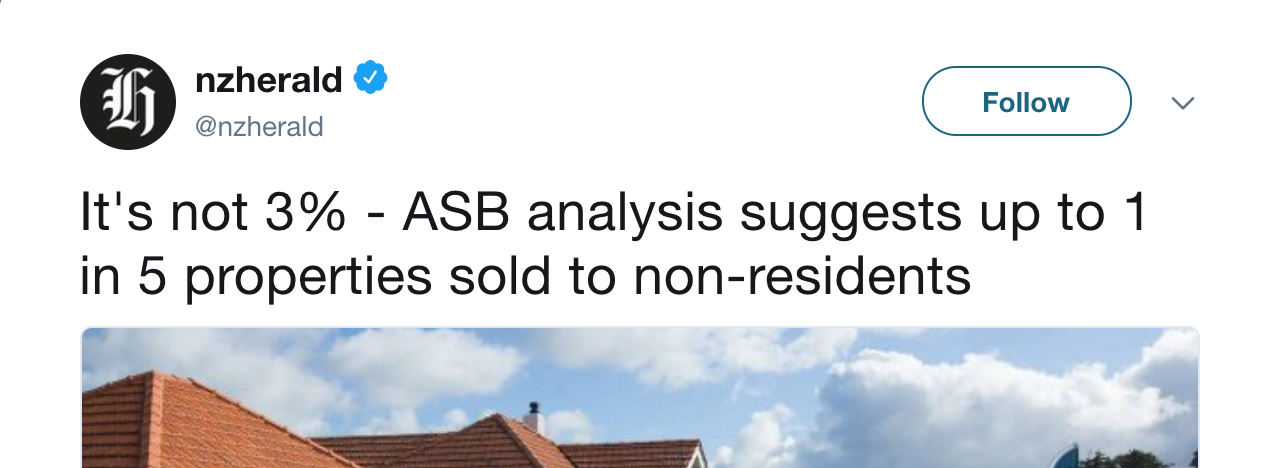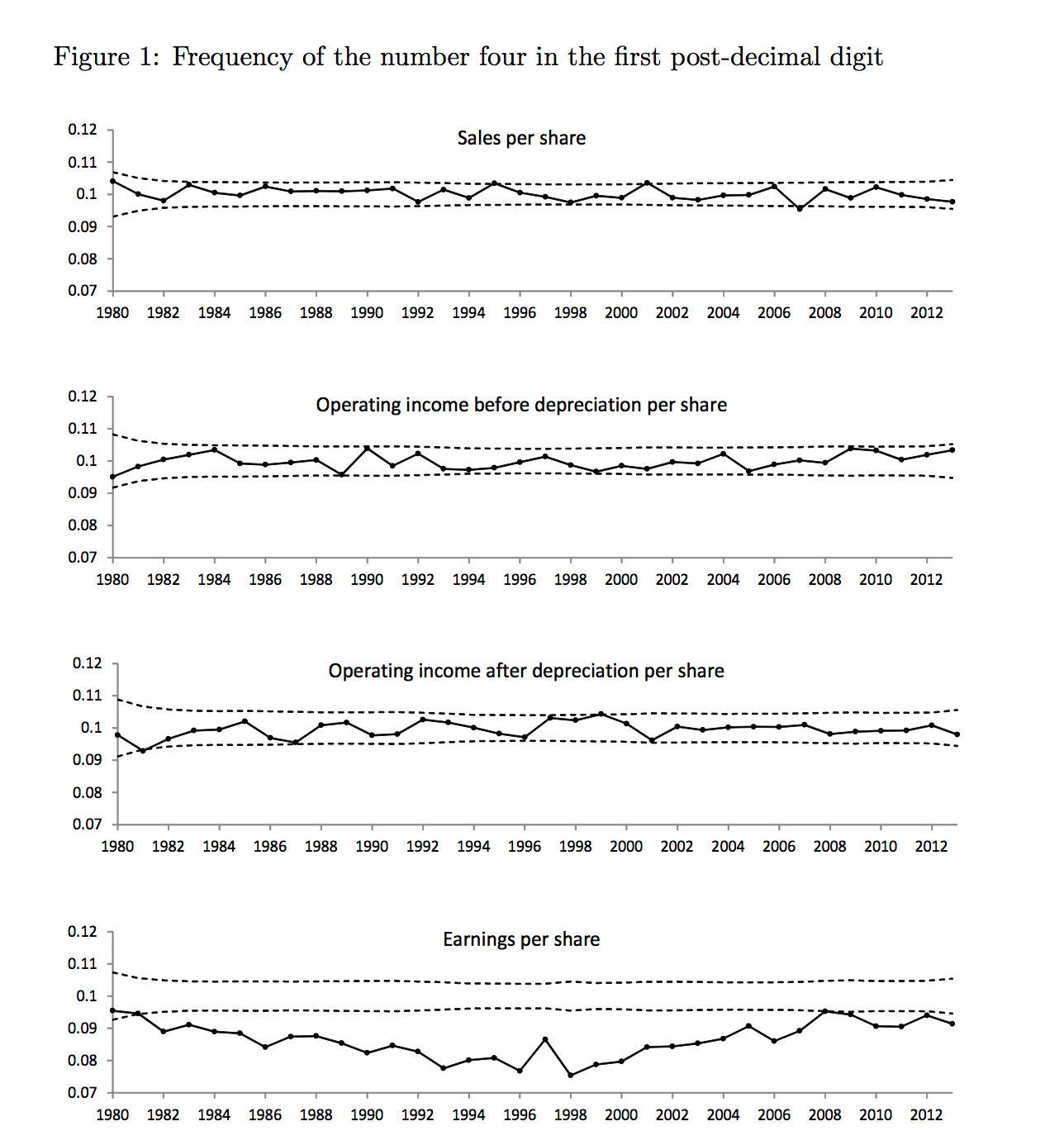Progressive or regressive fuel taxes
From the Herald
And in a startling revelation, the ministers claim that the wealthier a household is, the more it is likely to pay for petrol. They say the wealthiest 10 per cent of households will pay $7.71 per week more for petrol. Those with the lowest incomes will pay $3.64 a week more.
That’s good to see. And it does contradict the impressions given by some of the opponents of the fuel tax. But it doesn’t address (or even allude to) more detailed criticisms of the tax.
Wealthy households, on average, spend more money than poor households. They spend more on food. They spend more on entertainment. They spend more on cars. They use public transit more. And they drive more. So, on average, they pay more GST, and they pay more fuel tax. That’s not a startling revelation. Even in the US, higher-income households (on average) spend more money on petrol.
In the other direction, any user charge is going to be a lower proportion of income for wealthy than poor households. The regional fuel tax is no exception: according to the statistics in the Herald story, the average charge is only about twice as high for the top income decile as for the bottom. The ratio of incomes is much larger than two. Again, that’s not a startling revelation.
For questions where the answer isn’t obvious, we need more data.
First, we’d like to know the distribution of costs, not just the average. For example, the lowest income bands will contain more people who don’t have cars (who are paying quite a bit less than the average) and, by arithmetic, will also contain some people paying quite a bit more than the average.
Second, if you think of the fuel tax as being a sort of road user charge or a surrogate for a congestion charge, we’d want the amount paid per kilometre driven to be roughly constant. It would be undesirable for low-income household to pay more per kilometre than high-income households. (On the other hand, if you think of it as a carbon charge, it makes sense for it to be based on fuel amount but doesn’t make sense for it to be higher in Auckland.)
Answering these questions takes a bit more analysis. So, I’m going to refer you to Sam Warburton, an economist formerly with the Department of Transport and now with NZIER the NZ Initiative. Here’s his Twitter thread reacting to the story, and here’s his (PDF) submission to Parliament on the taxes.
Politics is about compromise, and it’s possible these fuel taxes are the best of the politically-feasible options, but they aren’t all unicorns and rainbows.

